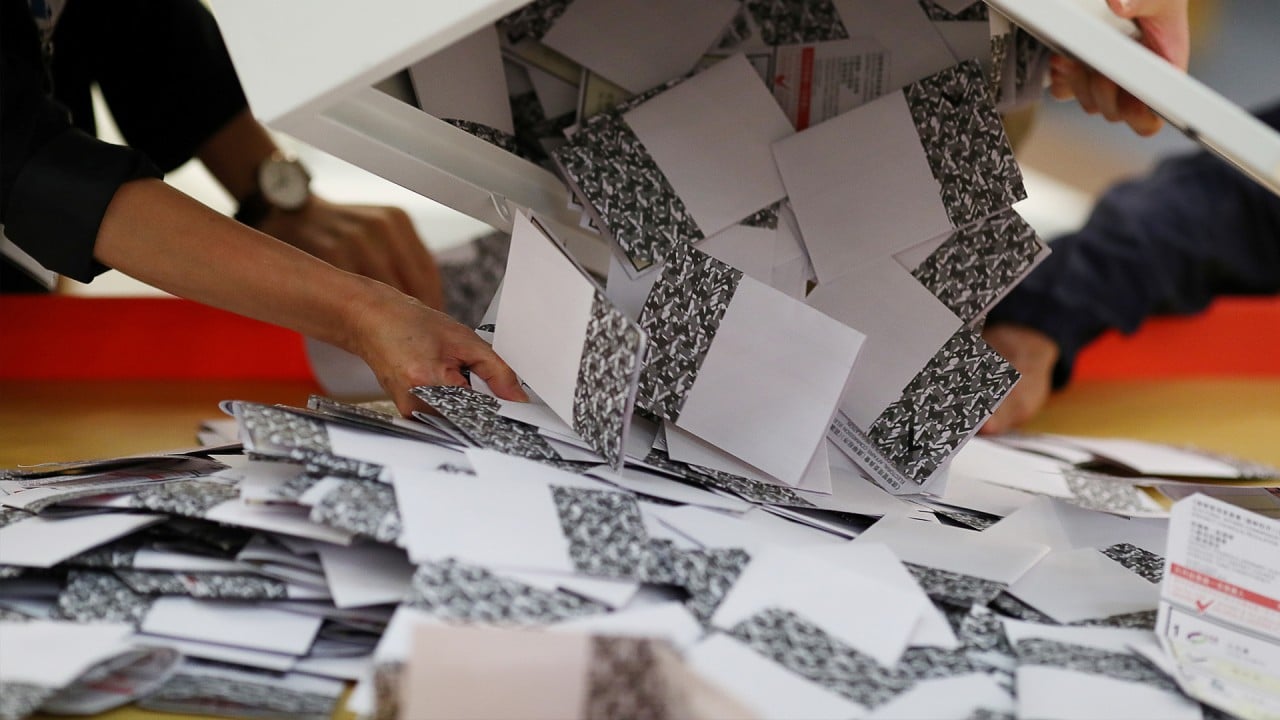
Hong Kong lawmakers seek ‘super patriot’ status as interest in election of NPC deputies grows
- Legislative Council by-elections used to be a big deal, but now the election of deputies to the National People’s Congress garners much more interest
- The political credentials of being trusted by Beijing to take part in national policy and affairs make it attractive to local political and business elite
There are two elections taking place in Hong Kong this week. One has received much more media coverage than the other, and that in itself is noteworthy.
It was not always like this, as the way business is conducted in Beijing, especially of the political kind, was unfamiliar and out of reach for most. It was one of the most intriguing features of “one country, two systems”. The NPC operated separately and differently from the city’s legislature.
Delegates do not receive a salary, but it’s the political credentials of being trusted by Beijing to take part in national policy and affairs that make it attractive to political and business elites.
The competition for Hong Kong’s 36 seats in the NPC election is fierce even though there are fewer candidates than five years ago. There is more competition because several political veterans and heavyweights are not seeking re-election even though they have only served one term.

This leaves room for more new faces, and perhaps that is why we are seeing several Legco members who are also CPPCC deputies following Tam’s lead and switching tracks. It’s not exactly a revolving door. There is far more political clout to be elected as one of 36 deputies than to be appointed to be one of hundreds of CPPCC members.
“As the socialist system with Chinese characteristics steps into a new era, the NPC system is getting more mature and vibrant, while the role of deputies has been strengthened,” Yang said.
To be a political elite in today’s Hong Kong, one must operate in both systems under one country. This is why the Legco by-elections pale by comparison in terms of significance.
Alice Wu is a political consultant and a former associate director of the Asia Pacific Media Network at UCLA


